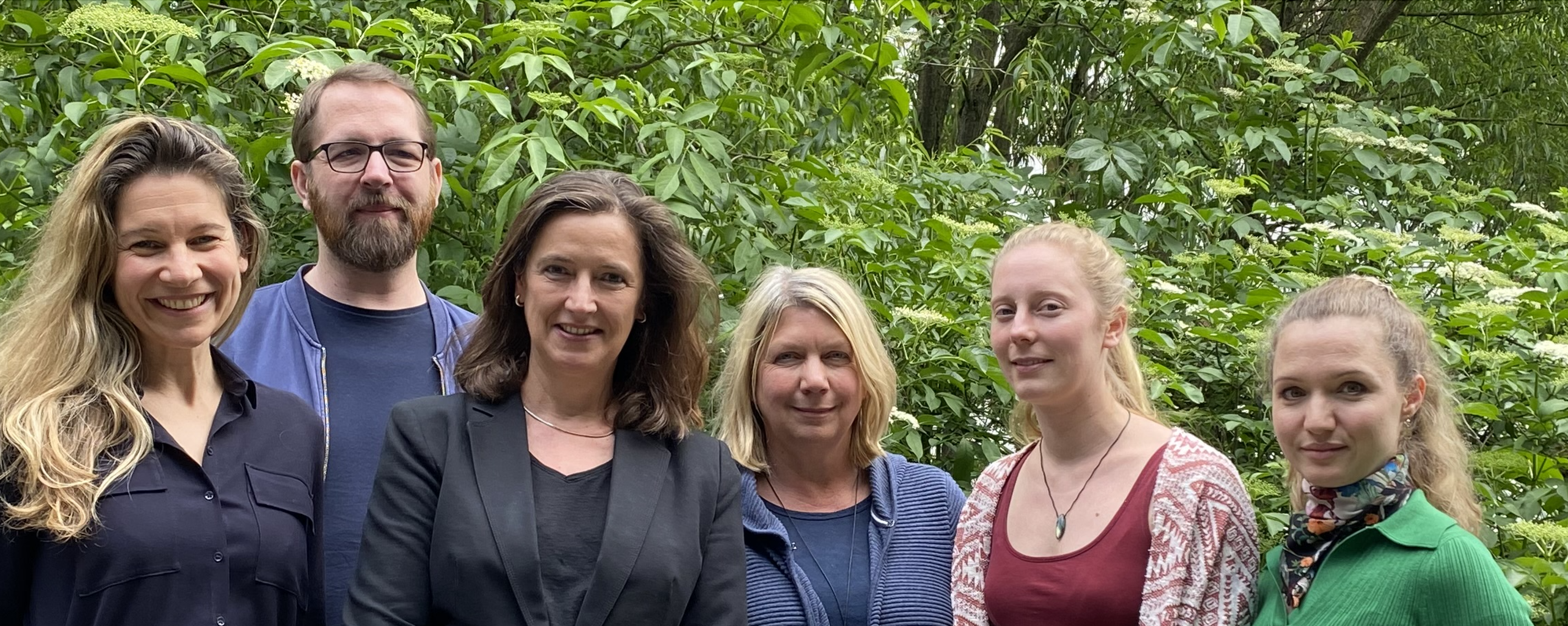Chair of Digitalization and Social Responsibility
Welcome to the webpage of the Department of Media Studies, focusing on Digitalization and Social Responsibility. Here, you will find up-to-date information about us and our activities in research and teaching.
Contact
Ute Eberhardt
Administration
+49 (0) 7071 29-72346
ute.eberhardt@uni-tuebingen.de
Digitalization and social responsibility
Digitalization permeates all areas of life, fundamentally changing media production, content, and usage. Thus, media and communication studies are simultaneously "digitalization studies." At our department, we strive to grasp digitalization in its technical and economic, legal, ethical, and social dimensions and to analyze the societal consequences of changed media behavior.
A key concern for the scientists working at our department is to represent a public theory-based, participation-oriented, (ideology-)critical stance both within and outside the university, and to communicate digitalization as a complex and consequential phenomenon that can nevertheless be actively shaped. Knowledge transfer and participation in societal discourse, but also the critical analysis of the digitalization discourse, are essential.
Our department focuses on two thematic areas: One encompasses the relationship between public spheres, media (technology), the data economy, and democracy, and is situated more at the macro level. The other focuses on social inequality, on inclusion and exclusion in and through media, taking a micro- and meso-level perspective.
Our department focuses on two thematic areas: One encompasses the relationship between public spheres, media (technology), the data economy, and democracy, and is situated more at the macro level. The other focuses on social inequality, on inclusion and exclusion in and through media, taking a micro- and meso-level perspective.
The focus is on transformation processes through digitally networked, mobile media, the formation of protest movements, alternative publics, the reproduction of (social) spaces and places, the inclusion and exclusion of social groups, opportunities for participation, media behavior, and media appropriation. Research on media and stereotypes from an intersectional perspective enables us to connect these thematic areas, to provide a theoretical foundation, and to approach them empirically, for example by examining the reproduction of gender stereotypes and racism through algorithms and artificial intelligence. The datafication of highly personal areas of life necessitates an analysis of the associated surveillance, commercialization, and power relations.
Current News
Lecture "Media - War - Gender: Old and New Stereotypes in Digitized Public Spheres"
On November 27, 2023, Prof. Dr. Martina Thiele will lecture on the topic "Gender Stereotypes in Times of War" and will discuss the media construction of hero and enemy images. The conference program can be found here: https://www.evangelisches-zentrum.de/braucht-der-krieg-das-patriarchat/




